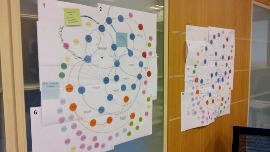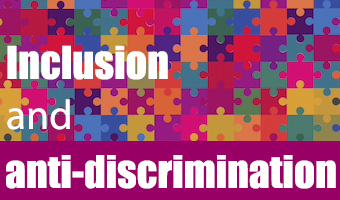Over 20 participants from the Republic of Moldova attended an online training course on Council of Europe standards to combat hate speech on 15-16 June.
The course increased their understanding of hate speech, its forms, its causes and consequences. Participants also learnt about the definitions and approaches proposed by the European Commission against Racism and Intolerance (ECRI) General Policy recommendation No. 15 on combatting hate speech and the 1st Vice Chair of ECRI, Michael Farrell (member for Ireland) presented the Recommendation underlined the importance of a multi-stakeholder approach to combat hate speech.
Representatives from the Ombudsperson’s Office, Equality Council, the General Prosecutor’s Office, the Police, the Press Council, the Audiovisual Council, the Equality Council Ministry of Education, as well as NGOs attended the online course.
This training course will be followed by a mapping of the current national responses to hate speech in the Republic of Moldova, as well as further training tailored to specific institutions in the Autumn.






 Report on national responses to hate speech in Spain -
Report on national responses to hate speech in Spain -